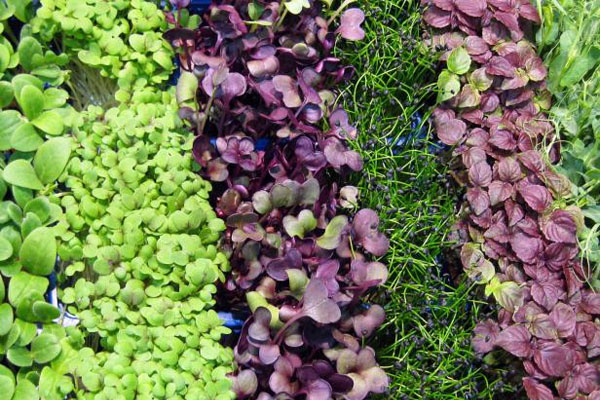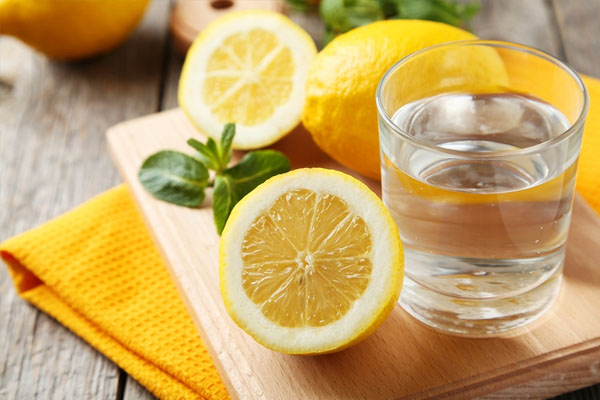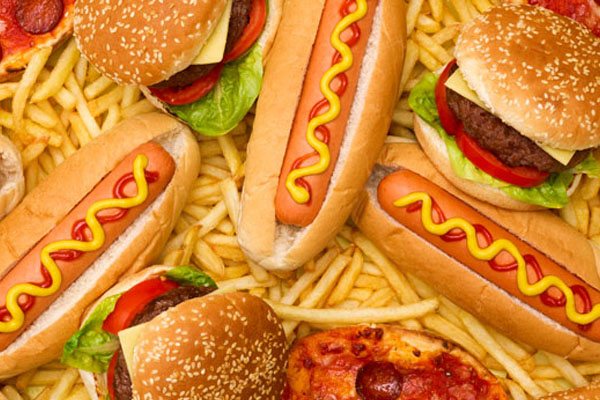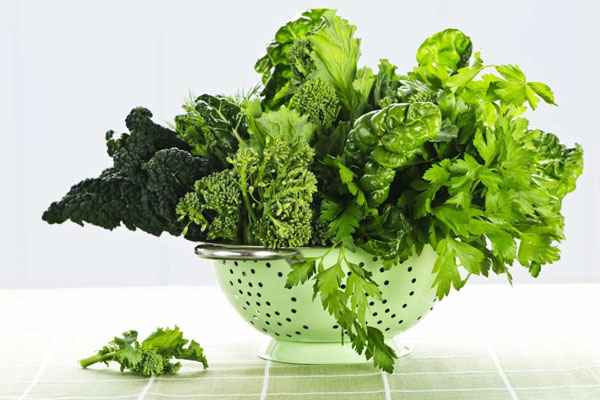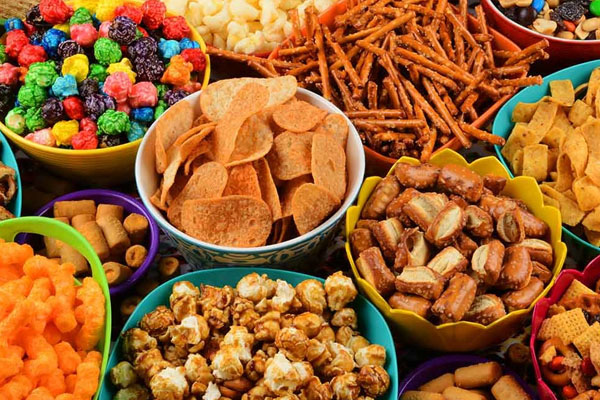The use of sauna is a major part of most detox programs because the “heat stress” of a sauna is very effective in releasing toxins from fat cells.
Saunas may be either dry or wet.
For a dry sauna, no moisture is added to the sauna room. Electricity is used to generate infrared heat. Dry saunas stimulate vasodilation of peripheral blood vessels and increase cardiovascular activity, which helps the body rid itself of more toxins. Saunas speed up all metabolism in the body and inhibit the replication of pathogenic organisms, such as bacteria and viruses. The immune response is also strengthened because the number of leukocytes (a type of white blood cell) in the blood is increased.
Steam is used in wet saunas. A steam generator or water poured over the heated rocks may be used to provide steam. The steam raises the body temperature quickly and is beneficial for arthritic pain and upper respiratory conditions. The humid heat helps the skin.
Dry saunas are recommended because they increase sweating and so speed detoxification. A complete sauna cleansing program should include exercise, time in a dry sauna, and a cleansing shower followed by a massage or physical therapy.
The information on this handout is for educational purposes only and is not a substitute for medical advice, diagnosis, or treatment. For more information pertaining to your personal needs, please see a qualified health practitioner.
All rights reserved Dr. Malik Cotter, www.malikcotter.com, Copyright © 2019


